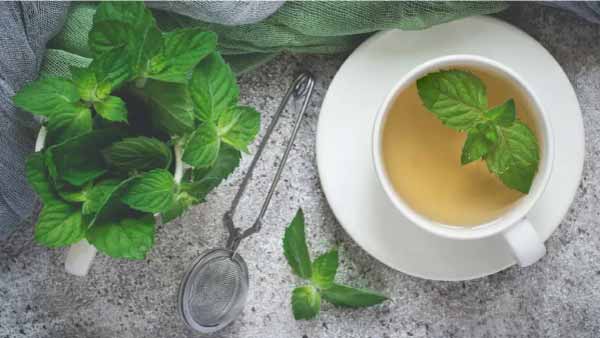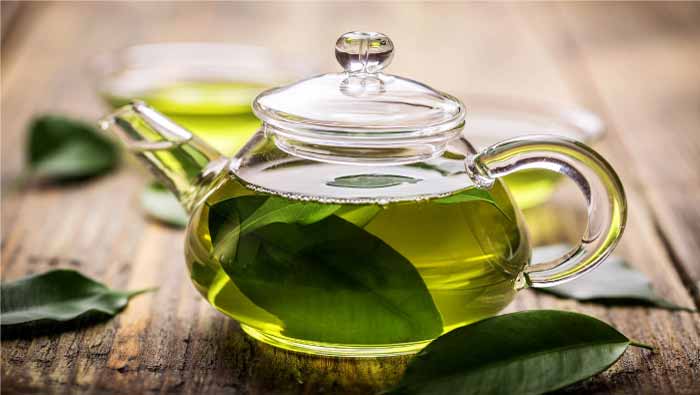Medicinal properties of echinacea
Echinacea is a genus of flowering plants in the daisy family, Asteraceae. There are nine species of Echinacea, all of which are native to North America. The species most commonly used for medicinal purposes are Echinacea purpurea, Echinacea angustifolia and Echinacea pallida.
Echinacea is used for its medicinal properties, particularly to boost the immune system and reduce symptoms of the common cold, flu, and other respiratory infections. It is also used for other conditions, such as infections, inflammation, and pain. The plant is usually taken as an herbal supplement in various forms, including tea, capsules, and liquid extracts.
While there is some evidence to suggest that echinacea may be effective in treating certain conditions, such as upper respiratory infections, research on its effectiveness is mixed. Some studies have found that it may be beneficial, while others have found no significant effects. In addition, echinacea may cause side effects in some people, such as stomach upset, rash, and allergic reactions.
It is important to consult with a healthcare provider before taking Echinacea or any other herbal supplement, especially if you have a pre-existing medical condition or are taking other medications.
History
Echinacea has a long history of use among Native American tribes, who used the plant for a variety of medicinal purposes, including treating wounds, infections, and snakebites. The use of echinacea for medicinal purposes spread throughout Europe in the nineteenth century and gained popularity in the United States in the twentieth century.
Active compounds
The active compounds in echinacea are thought to be a group of complex polysaccharides and alkylamides , which may help boost the immune system and reduce inflammation.
Uses
Echinacea is commonly used to reduce symptoms of the common cold and flu, such as cough, sore throat, and fever. It can also be used to treat other respiratory infections, such as bronchitis and sinusitis, as well as urinary tract infections and other types of infections.
Forms
Echinacea is available in several forms, including capsules, tablets, tinctures, and teas. Some products may contain a combination of Echinacea with other herbs, vitamins, and minerals.
Side effects
Is generally considered safe when taken as directed, but it may cause some side effects in some people, such as stomach upset, dizziness, and rash. People who are allergic to plants in the daisy family (such as ragweed) may also be allergic to echinacea.
Interactions
Echinacea may interact with some medications, including immunosuppressants, anti-seizure medications, and some types of antibiotics. It is important to talk to a healthcare provider before taking Echinacea if you are taking any medications.
Echinacea Safety
Is not recommended for use in children under the age of 12, pregnant or nursing women, or people with autoimmune diseases, such as lupus or rheumatoid arthritis, as it can boost the immune system and worsen these conditions.
Overall, while echinacea may have some potential health benefits, more research is needed to fully understand its efficacy and safety. It is important to speak with a healthcare provider before taking Echinacea or any other herbal supplement.
Dose
The appropriate dose of Echinacea may depend on the specific product used, as well as the person’s age, health status and reason for use. Dosages can range from a few drops of tincture to several capsules per day. It is important to follow the manufacturer’s instructions or the health care provider’s dosing recommendations.
Research
Studies on the efficacy of echinacea for various health conditions have yielded mixed results. Some studies suggest that echinacea may help reduce the duration and severity of colds and flu, while others have found no significant benefits. More research is needed to determine the potential benefits of echinacea and identify the most effective dosages and forms.
Quality
The quality and potency of Echinacea products can vary widely. It is important to choose products from reputable manufacturers and look for products that are standardized to contain specific levels of active compounds. Some products may be labeled “whole herb” or “full spectrum,” but these terms do not necessarily indicate higher quality or efficacy.
Duration of use
Is generally recommended for short-term use, such as for up to 10 days to treat a cold or flu. Long-term use may result in decreased effectiveness or possible side effects.
Other uses
In addition to its potential immune-boosting properties, echinacea has also been studied for its potential benefits for reducing inflammation, controlling pain, and treating skin conditions such as acne and eczema. However, more research is needed to determine the effectiveness of echinacea for these uses.
Overall, is a popular herbal supplement that has been used for centuries for a variety of health conditions. While it may offer some potential benefits, it’s important to use it as directed and talk to a healthcare provider before taking it, especially if you have any pre-existing medical conditions or are taking other medications.
Echinacea species
There are three main species of Echinacea that are commonly used for their medicinal properties. These are Echinacea purpurea, Echinacea angustifolia and Echinacea pallida. Echinacea purpurea is the most widely used species and is often considered the most effective.
Preparations for Echinacea
Is available in a variety of forms, including capsules, tablets, teas, tinctures, and extracts. Some people prefer to make their own echinacea tea or tincture from the dried plant.
Effects on the immune system
Is thought to boost the immune system by activating white blood cells and other components of the immune system. It may also have anti-inflammatory effects.
Treatment for cold and flu
Is often used to help reduce the symptoms and duration of colds and flu. It can be particularly effective when taken at the first sign of illness.
Other uses of Echinacea
Has been studied for its potential benefits in treating a variety of other conditions, such as anxiety, depression, chronic fatigue syndrome, and migraines. However, more research is needed to determine its effectiveness for these uses.
Children and pregnant women
Is generally considered safe for children older than 1 year, but should not be given to infants. Pregnant and breastfeeding women should talk to their healthcare provider before taking Echinacea, as its safety has not been established during these times.
Echinacea Allergy
Is a member of the daisy family, so people who are allergic to daisies, marigolds, or ragweed may also be allergic to echinacea. Symptoms of an allergic reaction may include a rash, itching, and shortness of breath.
Echinacea Side Effects
It is generally considered safe when taken as directed, but may cause some side effects in some people, such as stomach upset, dizziness, and headaches. These side effects are usually mild and go away on their own.
Overall, it is a popular herbal supplement that is used for a variety of health conditions. While it may offer some potential benefits, more research is needed to determine its effectiveness and safety, particularly for long-term use. As with any herbal supplement, it is important to speak with a healthcare provider before taking Echinacea, especially if you have any pre-existing medical conditions or are taking other medications.


